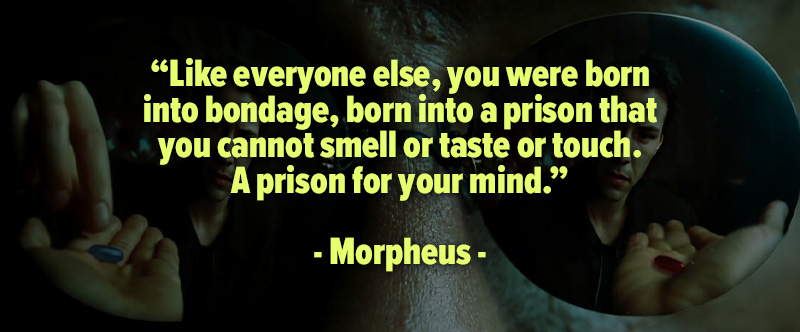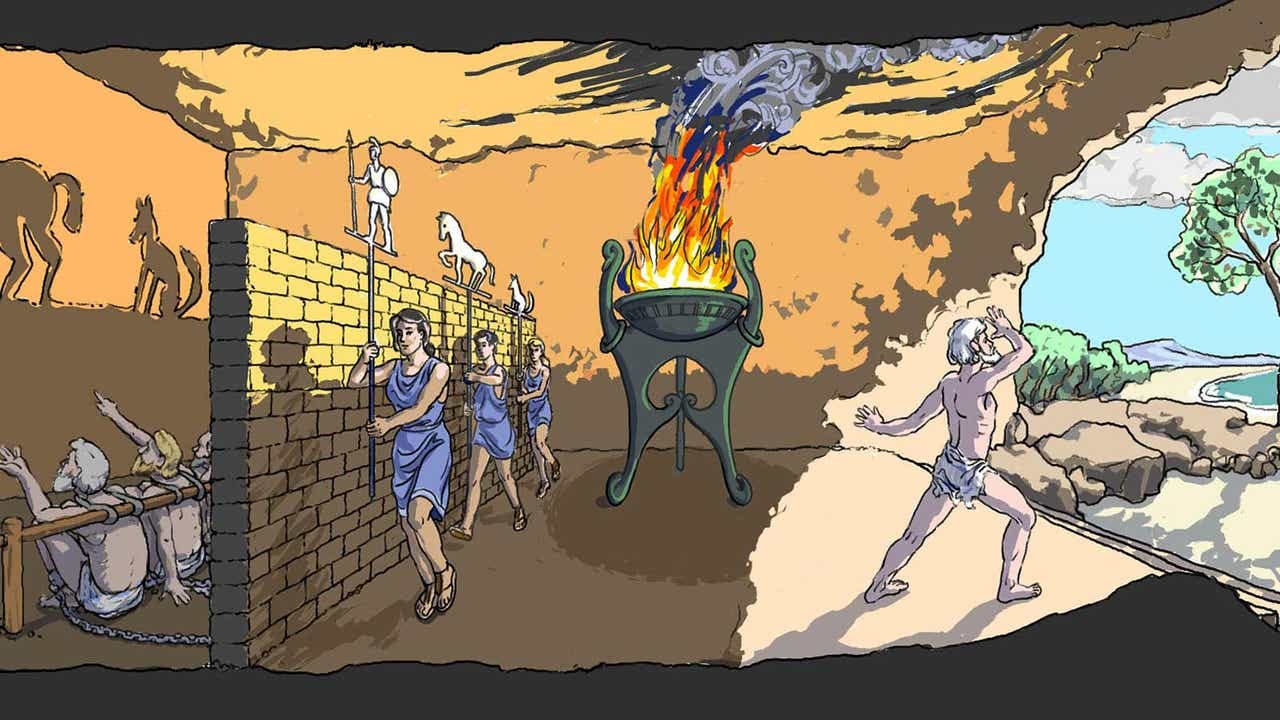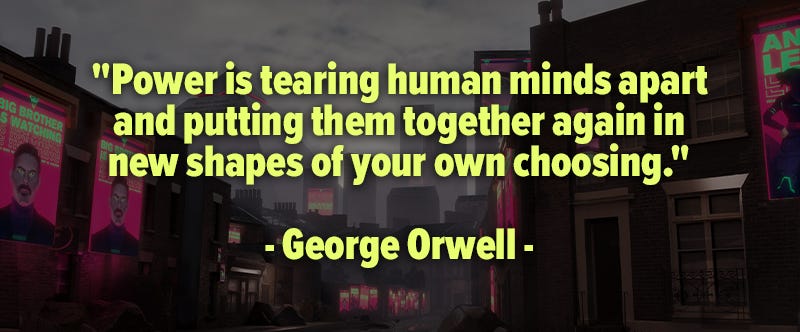Democracy: The Illusion of Freedom
Examining the subtle mechanisms of control that influence our thoughts and actions. The promise of liberty often conceals deeper constraints.
Welcome to the Cave
Roughly 2,400 years ago, the Greek philosopher Plato put forth a thought experiment.
Imagine there are prisoners chained in a dark cave, facing a blank wall. Behind them, a fire burns, and between the fire and the prisoners, there is a barricade along which puppeteers can walk. The puppeteers, who are out of view from the prisoners, cast shadows on the wall of the cave using objects and figures.
The prisoners, having been in the cave their entire lives, perceive these shadows as reality. They interpret and discuss these shadows, believing them to be the truest form of reality. However, one prisoner is freed and exposed to the world outside the cave. At first, he is blinded by the sunlight, but gradually he acclimates and sees the world in its true form. He comes to realize that the shadows on the cave wall are mere distortions of reality.
Upon returning to the cave to share his discovery with the others, the enlightened prisoner is met with disbelief and hostility. The other prisoners, accustomed to the shadows, reject the notion that they have a distorted sense of reality. Rather than facing the uncomfortable truth, the other prisoners voluntarily remain shackled, fighting anyone who tries to remove their chains.
In our modern world, the shadows on the wall have become more sophisticated. They manifest as media narratives and political ideologies that shape our perception of reality. The digital age has amplified these shadows, creating echo chambers where individuals are bombarded with information that reinforces their existing beliefs.
The Power of Creating Shadows
In the hit TV show "Game of Thrones," Varys, a master of whispers and intrigue, masterfully explains how power operates by posing a riddle to Tyrion Lannister.
This riddle is not just a clever puzzle; it illuminates the true nature of power. The sellsword, or mercenary, symbolizes the physical force and the potential for violence. The king represents political authority, the priest stands for spiritual or moral authority, and the rich man embodies economic power.
The important takeaway from Varys’ riddle is that power is perception. Depending on what the sellsword values most—material wealth, spiritual wealth, or political favour—determines whether the king, priest, or rich man has the power.
Therefore, the ultimate tyranny is the atomization of human thought; the control of human perception. As the antagonist of George Orwell’s 1984 notes:






